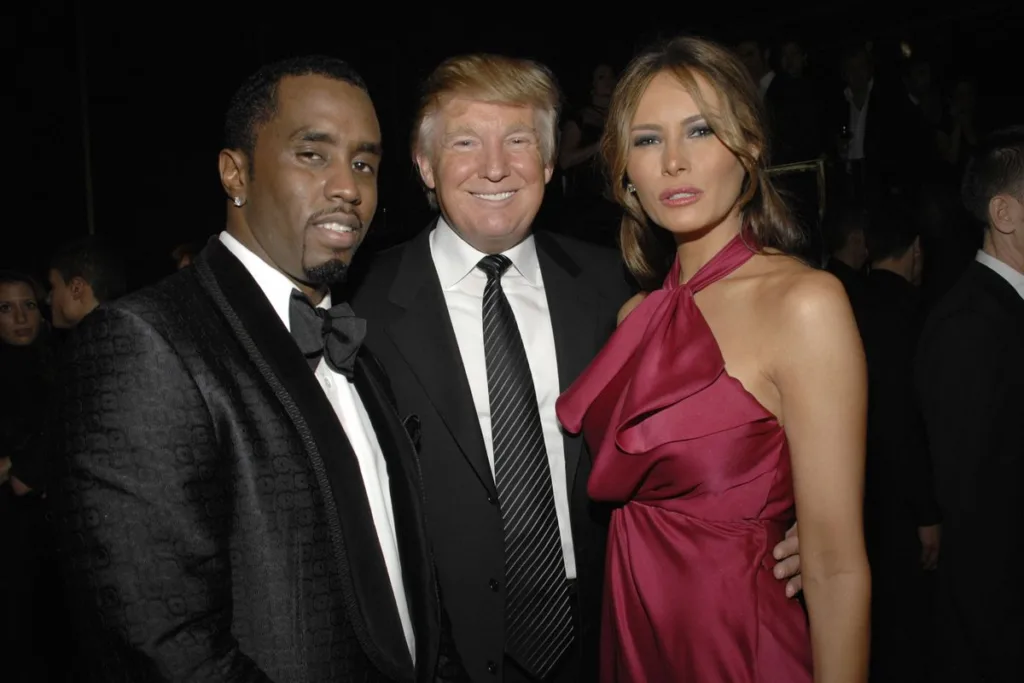On May 30, 2025, President Donald Trump told reporters at a White House news conference that no one had formally asked him to grant clemency to music mogul Sean “Diddy” Combs, but that he would “certainly look at the facts” before deciding whether to issue a pardon. Asked by Fox News correspondent Peter Doocy if personal relationships would influence his judgment, Trump replied that he would assess any request impartially, regardless of past friendships.
Combs, founder of Bad Boy Records, faces a federal racketeering and sex-trafficking trial in Manhattan that began with jury selection on May 5, 2025. He is charged with racketeering conspiracy, sex trafficking by force, fraud or coercion, and transportation to engage in prostitution, to which he has pleaded not guilty.
Prosecutors have presented testimony alleging Combs exploited his industry influence over two decades to coerce women into drug-fueled sexual encounters, including accusations of rape by two women; Combs’s defense maintains that all encounters were consensual.
Throughout his presidency and subsequent term, Trump has employed his clemency power broadly. He extended pardons to rappers Kodak Black and Lil Wayne and reality personalities Todd and Julie Chrisley, and in 2017 granted clemency to former sheriff Joe Arpaio, a move critics said undermined the rule of law.
Legal scholars warn that preemptive pardons risk politicizing justice and eroding public trust. Harvard Law School professor Noah Feldman observed that unfettered pardon authority could weaken constitutional checks and balances. U.S. District Judge James E. Boasberg, who found the administration in contempt last month, noted that a presidential pardon would nullify contempt proceedings, highlighting the breadth of executive clemency powers.
Supporters of Trump’s potential action argue the Constitution grants him broad discretion to correct perceived injustices, while opponents contend that considering clemency for Combs before a verdict sets a troubling precedent. House Judiciary Committee member Jerry Nadler warned that such a pardon would signal that high-profile defendants can expect political intervention if they wield sufficient influence.
Combs was arrested and indicted on September 16, 2024, in the Southern District of New York and has been denied bail three times. His trial resumed with witness testimony on May 12, 2025, in a courtroom where Trump himself was previously involved in a civil case.

















































